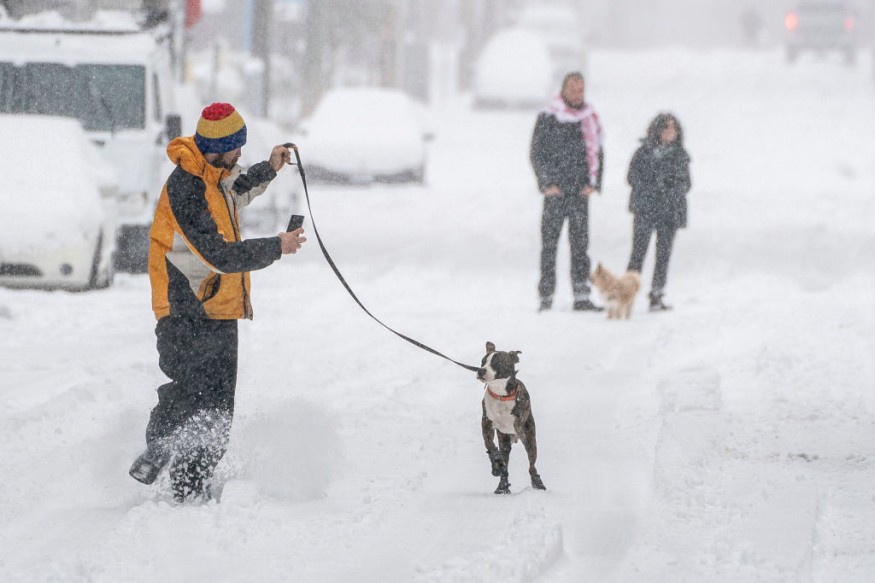You're undoubtedly well aware of the dangers of leaving dogs in hot automobiles in warm weather. But did you realize that the cold seriously endangers animals' health? Everyone may suffer from the effects of winter weather, including our four-legged pals. Remember to keep your pets safe while it's chilly outside.

General Advice
If it's too cold for you, it's probably too cold for your pets. Don't keep your pets outdoors for long periods of time during freezing weather. Short-coated animals may need a coat or sweater during walks.
Winter Pet Care Tips
Here are more advice from professionals to help avoid cold weather hazards from having an impact on your pet's health:
Take care of their coat and skin
Veterinarians advise keeping your house humidified and towel dry for your pet as soon as they enter to prevent itchy, flaky skin. Focus on the paws and spaces between the toes-de-snow the space between the foot pads. Keep your pet's coat as long as you can in the winter to keep them warm. Consider acquiring a coat or sweater for your pet if it has short hair. Avoid bathing your pet too often when it's chilly to prevent dry skin. When washing your pet, use a moisturizing shampoo.
Provide extra food and water
Pets who spend the winter outside use a lot of energy to keep warm. Give your pet extra food, and ensure the water in its bowl is always fresh and not frozen. To avoid your pet's tongue freezing to their metal bowls, use plastic ones for the food and water.
Keep the antifreeze away
Numerous antifreeze varieties have a pleasant flavor that may draw animals. Clean up spills and keep antifreeze in a secure location. To prevent antifreeze poisoning, keep the antifreeze out of your pets' reach and immediately wipe up any spills.
Know your pets' limits
Like people, pets' resistance to cold can vary depending on their coat, body fat reserves, degree of exercise, and health. Consider your pet's tolerance for chilly weather and make adjustments as necessary. To protect you and your pet from any health concerns brought on by the extreme cold, you should cut the length of your walks. Consult your veterinarian if you need assistance calculating your pet's safe temperature range.
Check your vehicles
Cats and other small animals may be drawn to parked cars and may try to warm up beneath the hood. Before starting your engine, bang on the bonnet of your car to scare off any nearby animals. A warm car engine might be an alluring source of heat for outdoor animals, but it's dangerous. Before starting the engine:
- Check sure no cats have taken up residence beneath your car.
- Knock on the hood.
- Blast the horn.
Final Reminder
Blizzards and power outages can occur in the winter. Create an emergency kit, and remember to plan for your pet. Have at least five days' worth of supplies of food, water, and medication (including any prescription drugs and heartworm and flea/tick preventives).
Read also: Treating Pets with Separation Anxiety: What to do to Keep Your Pets Feel Emotionally Safe
For more news update about the latest animal trends, don't forget to follow Nature World News
© 2025 NatureWorldNews.com All rights reserved. Do not reproduce without permission.





